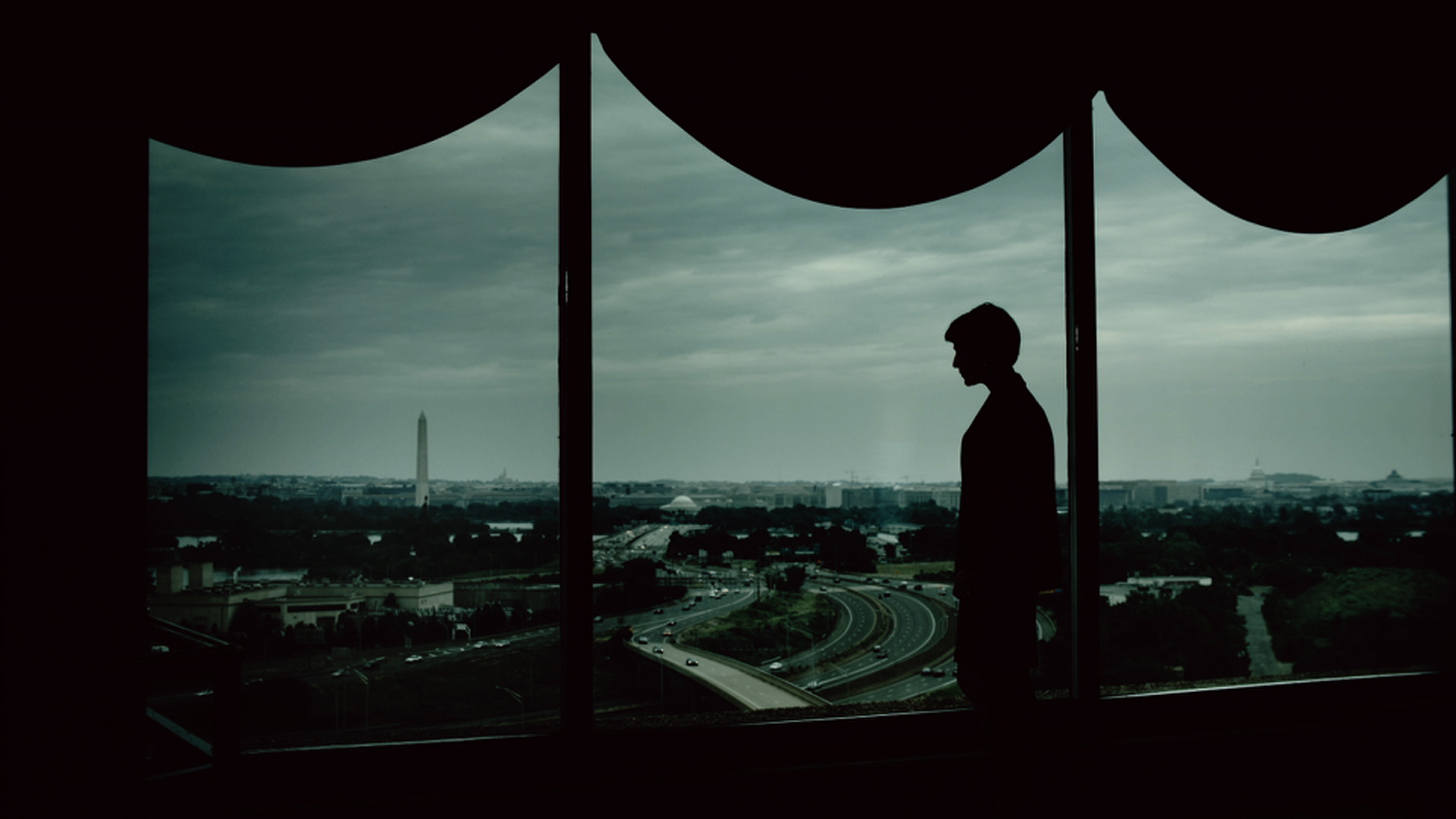However, Jean-Phillippe Tremblay’s documentary Shadows of Liberty, demonstrates that American news outlets have been abusing this trust by intentionally customizing or omitting information to suit network self-interests.
Shadows of Liberty presents a series of examples of major news networks that have used news coverage as a way to serve corporate interests, be politically influential and obtain higher ratings.
The first question this documentary answers is how far a conglomerate news network will go to protect corporate interests. The first case analysis deals with CBS news reporter, Roberta Baskin, whose exposé on Nike’s factories in the ‘90s unveiled the inhumane working conditions of overseas factories. Her report made national headlines and gained traction among America’s youth, who protested and boycotted Nike products. When Baskin tried to follow up on the story after the surge in public interest, CBS’s executive producer shut the story down.
When Shadows of Liberty interviews Baskin for her side of the story, she reveals some unsettling facts: CBS and Nike had a contract for the Olympic winter games that same year which required all field news reporters to sport a Nike parka while on the air. Baskin’s news story evidently became a problem of commercial interest which, in this case, seems to have taken precedence over a news story that mattered to the public.
In another case analysis, NBC’s To Catch a Predator is scrutinized on how they create news stories for the sake of ratings. For those unfamiliar with the show, it executes sting operations on grown men soliciting underage boys and girls in chat rooms and forums. Posing as young boys and girls, To Catch a Predator baits the men to a meeting spot where camera crews and police await. The problem with this show is that it turns a noble intent into a glamorized hour of controversial reality T.V. posing as news.
In the example given in the documentary, To Catch a Predator goes to the home of a District Attorney after attempts at luring him to a sting site have failed. With camera crews in tow and the police surrounding his home, the District Attorney sees no escape and ends his life. This type of operation is seen as having been a blatant plea for ratings. A case where cameras should have been turned off to protect the integrity of the police case and the District Attorney’s family.
Shadows of Liberty is a well-structured and timely documentary. It brings into question the things we see and hear in mass media and makes us wonder about the things we do not. For those who love documentaries that reveal truths that otherwise never see the light of day, Shadows of Liberty is worth checking out.
Shadows of Liberty will be shown at 7 p.m. Nov. 5 at 1455 de Maisonneuve W. Room H-110. Admission is by donation. For more information, visit cinemapolitica.org/concordia
